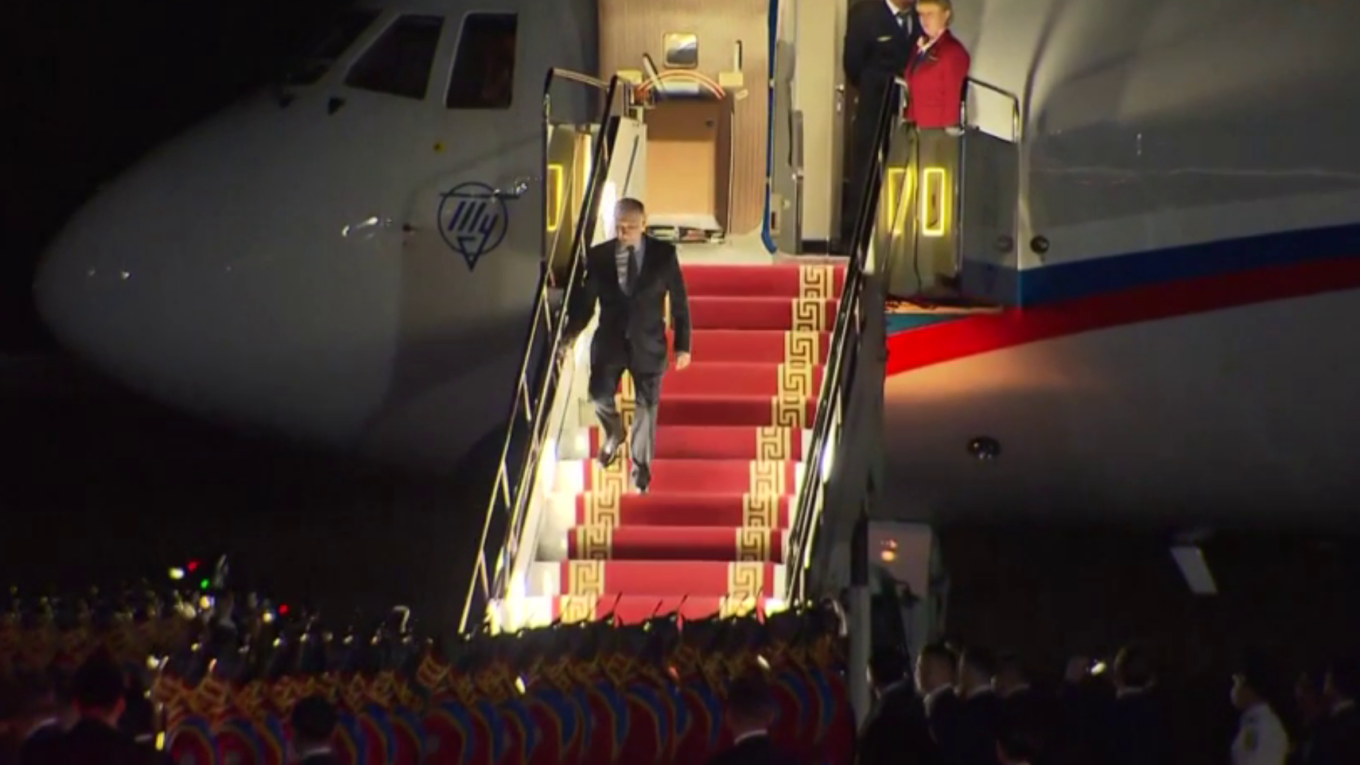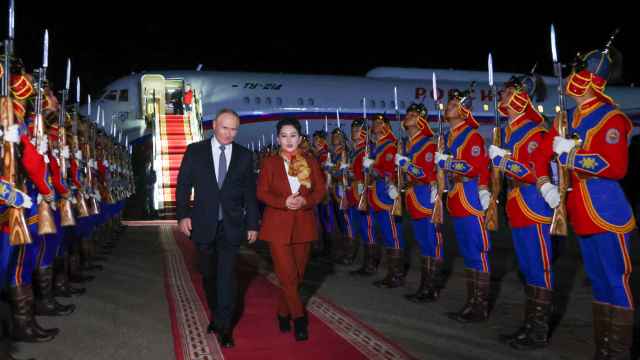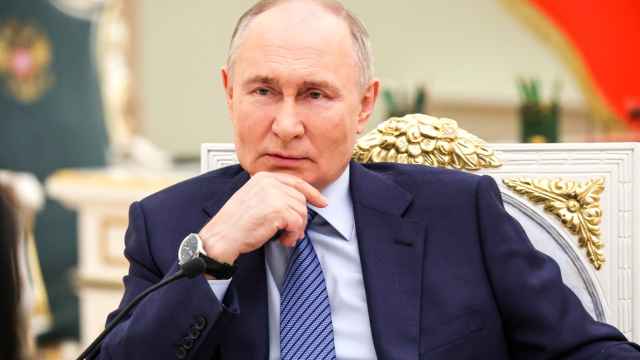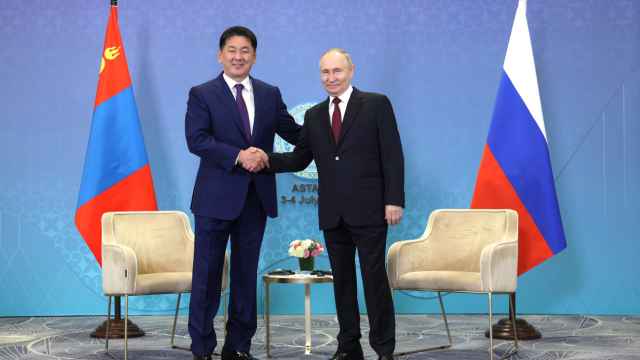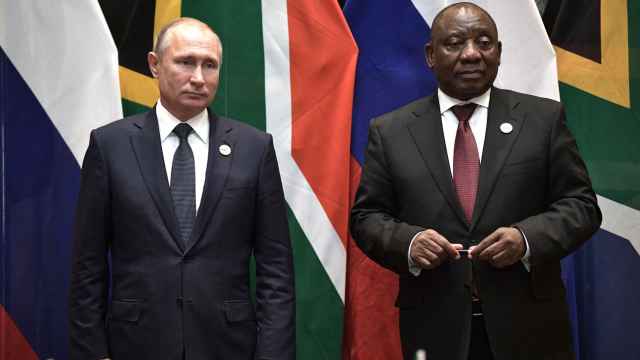Russian President Vladimir Putin arrived in Mongolia late Monday, marking his first visit to a country that is a member of the International Criminal Court (ICC) since it issued an arrest warrant for him last year.
Russian state television broadcasted Putin's plane landing in the Mongolian capital, Ulaanbaatar.
Putin is wanted by the ICC for the alleged illegal deportation of Ukrainian children from areas of Ukraine occupied by Russian forces.
Kyiv has called on Mongolian authorities to execute the ICC warrant, while the court reiterated last week that its members are obligated to detain individuals it has indicted. However, with little enforcement power if Mongolia does not comply, the Kremlin said it was unconcerned about Putin being arrested during the visit.
The ICC issued its arrest warrant for Putin in March 2023, citing "reasonable grounds to believe" that he is responsible for the unlawful deportation of Ukrainian children to Russia. Kyiv claims thousands of children were forcibly deported from orphanages and other state institutions after Russia launched its full-scale invasion in February 2022.
Moscow maintains that it relocated the children for their safety and has dismissed the ICC warrant as inconsequential. Still, this week's trip to Mongolia is Putin's first to an ICC member state since the warrant was issued 18 months ago.
Following Putin's arrival, Amnesty International cautioned that Mongolia’s failure to arrest him could embolden the Russian leader further.
"President Putin is a fugitive from justice," Altantuya Batdorj, executive director of Amnesty International Mongolia, said in a statement.
"Any trip to an ICC member state that does not end in arrest will encourage President Putin's current course of action and must be seen as part of a strategic effort to undermine the ICC's work," she added.
A Message from The Moscow Times:
Dear readers,
We are facing unprecedented challenges. Russia's Prosecutor General's Office has designated The Moscow Times as an "undesirable" organization, criminalizing our work and putting our staff at risk of prosecution. This follows our earlier unjust labeling as a "foreign agent."
These actions are direct attempts to silence independent journalism in Russia. The authorities claim our work "discredits the decisions of the Russian leadership." We see things differently: we strive to provide accurate, unbiased reporting on Russia.
We, the journalists of The Moscow Times, refuse to be silenced. But to continue our work, we need your help.
Your support, no matter how small, makes a world of difference. If you can, please support us monthly starting from just $2. It's quick to set up, and every contribution makes a significant impact.
By supporting The Moscow Times, you're defending open, independent journalism in the face of repression. Thank you for standing with us.
Remind me later.


